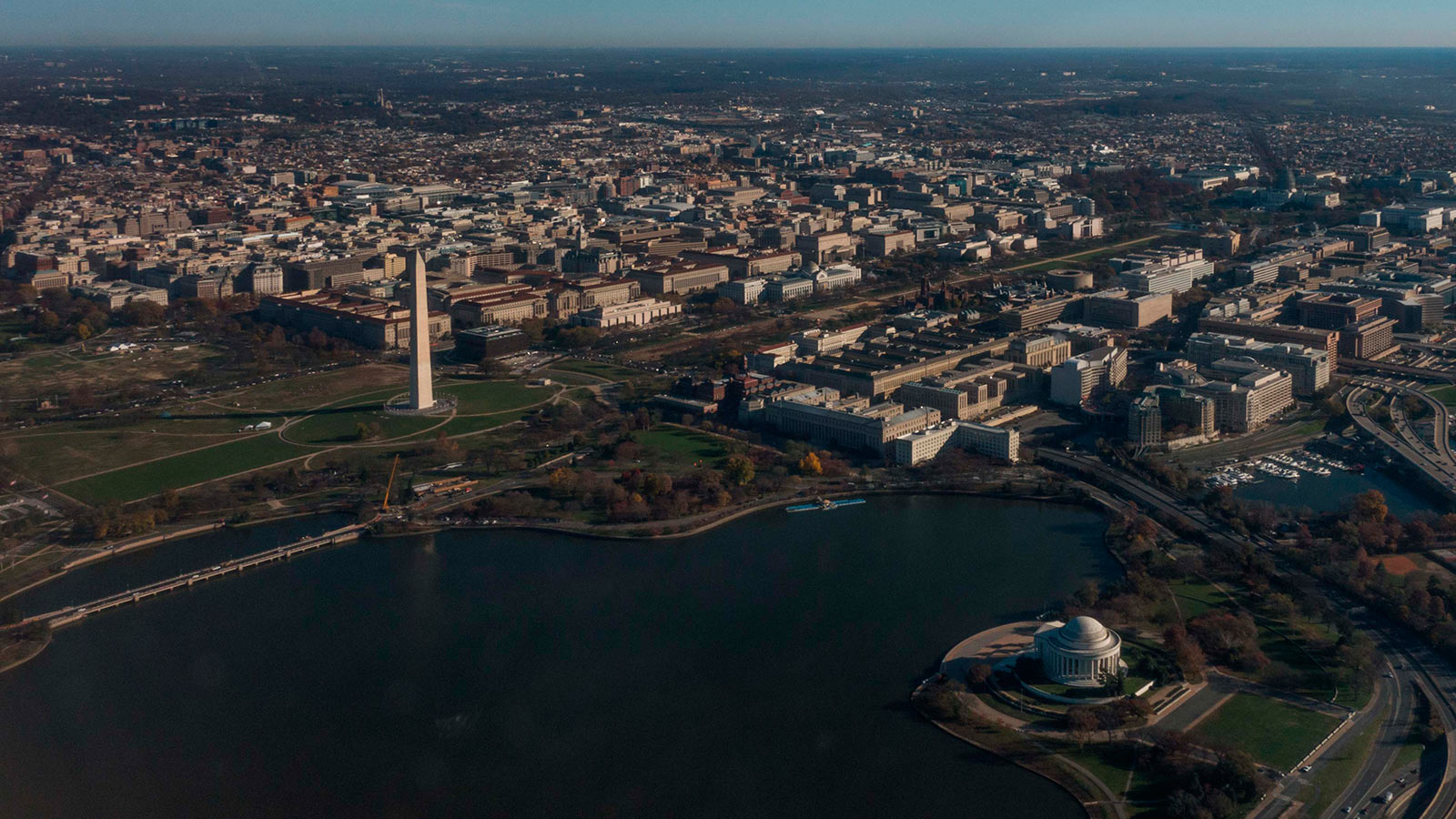


It was a great opportunity to get some perspective on what the official Brazilian government’s stance is on certain issues.” “They gave their opinions on our PDRs, and discussed whether they were resolutions that Brazil would propose. “We met with three people who worked at the OAS,” Emami said. NDMU’s delegation also had an opportunity to speak via Zoom with Brazilian ambassadors to the OAS during their stay in Washington. Henderson made sure we knew as much about the other countries as we knew about our own.” There was also a lot of time spent researching other countries, learning what Brazil’s relationship is like with them. “We spent months researching issues, trying to determine how Brazil’s leaders would respond to each situation. “We tried to make ourselves as Brazilian as possible,” Seck said. For the team, entering the assembly with a strong knowledge of both the country they were representing and other surrounding nations was essential. Seck’s resolution highlighted the plight of Venezuelan refugees due to their relevance to Brazil. The PDR passed in the general committee after overcoming questions concerning finances and the feasibility of implementation around the hemisphere. Seck, who was the team’s head delegate, proposed a resolution focused on an integration program for refugees which would improve access to jobs and education. The Model OAS team at Union Station in Washington DC. They had to work really hard, but they maintained their cool throughout and were rewarded for their efforts.” Our five members were debating for up to eight hours in a row without any breaks. “A lot of the teams had 10 members, which allowed them to work in shifts. Anne Henderson, chair of the history and political science departments at NDMU who serves as the team’s faculty advisor. All five Proposed Draft Resolutions (PDRs) submitted by NDMU students Lily Emami ’22, Jolisse Gray ’22, Alycia Hancock ’23, Nicol Rodriguez ’22 and Amy Seck ’24 were ultimately approved by their respective committees. Students engage in diplomatic efforts throughout the four-day event, debating issues of peace, security, development, and human rights in the region.Ī total of 26 colleges and universities from across the hemisphere took part in the initiative. NDMU’s delegation represented Brazil at the conference, which serves as a simulation of the OAS General Assembly. The WMOAS, held every year in Washington D.C., is a collaborative effort between the OAS and the Institute for Diplomatic Dialogue in the Americas (IDDA). BALTIMORE – Five Notre Dame of Maryland University students recently participated in the annual Washington Model General Assembly of the Organization of American States (WMOAS), a unique opportunity which connected them with fellow students from all regions of the Western hemisphere.


 0 kommentar(er)
0 kommentar(er)
